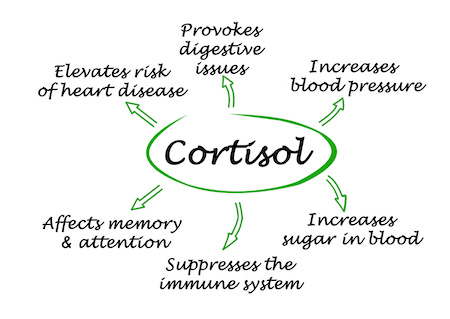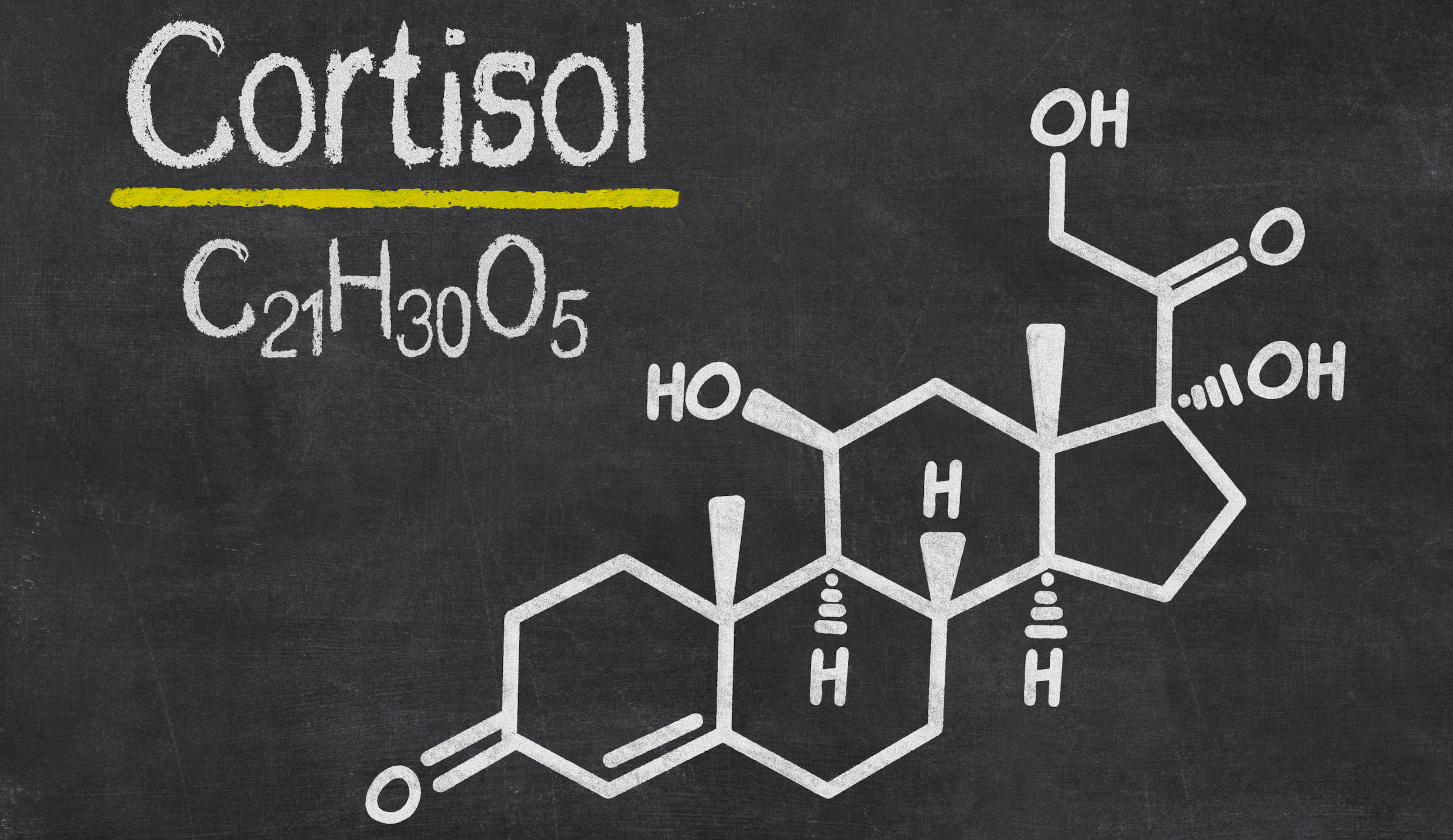It’s no secret that exercise is important for our overall health, but did you know that the way we exercise can impact our hormones in different ways? Exercise is one of the most important things you can do for your health, and it’s not just because it helps you stay fit, lose weight, or look good. Exercise also has a profound impact on our hormones, which play a crucial role in regulating many aspects of our health.
In this blog post, we’ll discuss how exercise affects our hormones, specifically cortisol, and how that can lead to better overall health. We’ll also provide some tips on how to get the most out of your workouts when it comes to hormone regulation.
What Is Cortisol?
Cortisol is a steroid hormone that is produced in the adrenal glands, which are located just above your kidneys. This hormone plays a vital role in many different physiological processes, including things like regulating blood pressure, controlling blood sugar levels, and helping to regulate stress responses. Some of the main functions of cortisol include promoting energy use, stimulating proteins that help buffer acids in the body, and regulating inflammation both inside and outside of cells. Because of its important role in maintaining health and balance within our bodies, proper levels of cortisol are crucial for supporting our overall wellbeing.
If Cortisol Helps Regulate Metabolism, BP, Sleeping, etc. and Inflammation, Why Are We So Worried About Keeping It Low?
Although cortisol can be beneficial in certain settings, chronic exposure to elevated levels of this hormone has been linked to a number of negative health outcomes. In order to protect against the negative impacts of chronic stress and inflammation while also ensuring optimal rates of cortisol production, it is important to find a balanced approach that supports healthy levels of this crucial hormone. Here’s why:
- In short spurts (in moderation) cortisol can boost immunity and limit inflammation – if it is chronically or consistently high, it will have the reverse effect and lead to more inflammation and a weakened immune system.
- Too much cortisol for too long can also cause chronically high blood pressure (BP).
- Too much cortisol for too long can lead to persistent high blood sugar or hyperglycemia – this can lead to Type II diabetes.
- Dysregulated cortisol will throw off your circadian rhythm and sleep-wake cycle -> poor sleep quality in turn causes a cascade of negative health effects and further stresses and inflames your body.
How Does Exercise Affect Cortisol Levels?
Simply put, exercise will induce a cortisol response. There is still some uncertainty in terms of at what point during exercise we start to experience a significant rise in cortisol. In order to dive into this issue, we need to understand something called VO2max.
- This is the maximum amount of oxygen your body can utilize during exercise – or peak oxygen intake
- Most literature indicates that the intensity threshold (intensity level you can go to before experiencing a rise in cortisol) is about 60% of your ‘VO2max’
How do I know what my VO2max is?
Finding your VO2max usually requires carefully monitored lab conditions and strenuous testing. With that said, there are a few ways you can predict your VO2max such as:
Prediction equation:
15.3 x (MHR / RHR)
MHR = maximum heart rate (beats/minute) = number of heartbeats in 20 seconds multiplied by 3.
RHR = resting heart rate (beats/minute) = number of heartbeats in 20 seconds multiplied by 3.
MHR = 208 – (0.7 x age)
Rating of perceived exertion (RPE):
The RPE scale, or rate of perceived exertion scale, is a widely used tool for measuring the intensity of exercise. This scale consists of a range from 0 to 10, in which 0 indicates no exertion at all and 10 represents maximal effort or very heavy activity. Each number on the scale corresponds to specific phrases that are used to describe how easy or difficult an activity feels. For example, sitting in a chair would be rated as a 0 “nothing at all” on the RPE scale, while completing an exercise stress test would be rated as a 10 “very, very heavy”. Furthermore, the RPE scale can be used to monitor and adjust your workout intensity based on how you are feeling physically and mentally at any given time during your workout. Overall, the RPE scale is a simple yet effective tool for accurately measuring your level of exercise intensity and helping you achieve maximum results from your workouts.
When you have a higher fat mass/overall body mass, it generally will cause an increase in resting heart rate and a decrease in maximal heart rate – when you plug this into the VO2 equation, you will end up with a lower predicted peak oxygen intake. In other words, excess weight will decrease your body’s capacity to uptake oxygen and will cause you to reach an exercise intensity that causes a spike in cortisol in:
- Less time
- After doing less work
Basic Exercise Recommendations
General recommendations:
- 150 minutes of light/moderate aerobic activity per week (30 minutes a day, 5x a week)
- 75 minutes of vigorous aerobic activity per week (15 minutes a day, 5x a week)
How can you safely begin implementing exercise?
Exercise is an important part of overall health, but it’s important to start slowly and safely. Here are some easy ways you can begin incorporating exercise into your daily routine:
- Go for a walk
- Go for a light, sustainable jog
- Work in the garden
- Play casual sports in the park with family or friends – frisbee, catch, pass a soccer ball
- Go for a light/moderate hike
- Play music while you cook and bust a move
- Take the stairs instead of the elevator
- Beginner yoga
- Virtual reality games
- Casual bike ride
Call Your Local Affordable and Effective Weight Loss Clinic
Dr. Kells’, DC, Weight Loss was born out of over 18 years of clinical experience and her own personal health crises/ weight loss journey. Now her mission is to help others regain their health and their life through an effective weight loss program and coaching! You can start feeling better today with the life transformation methods of Dr. Kells’ DC Weight Loss program. If you are ready to transform your life, you can schedule an appointment online or call us at (719) 259-0773. We offer the best weight-loss programs tailored to your body type.

